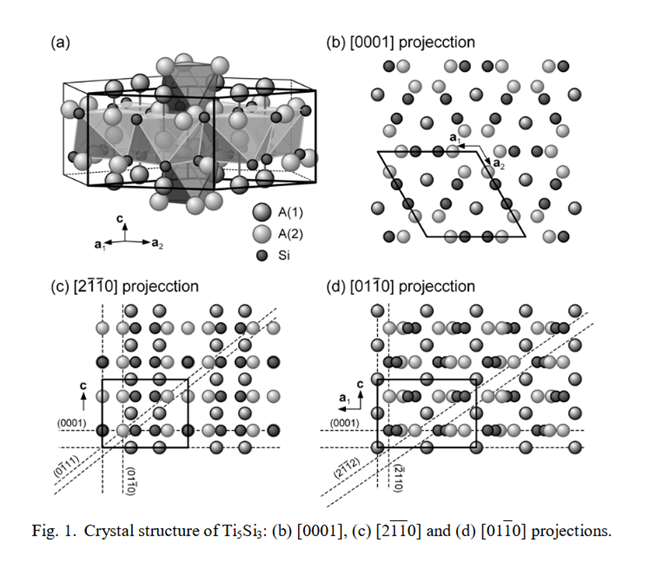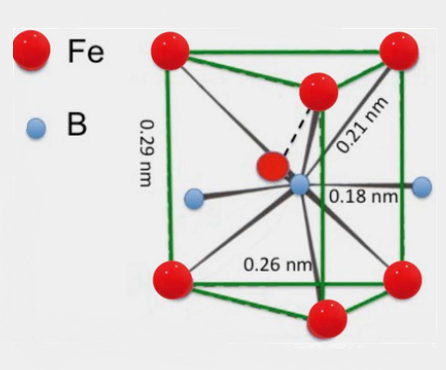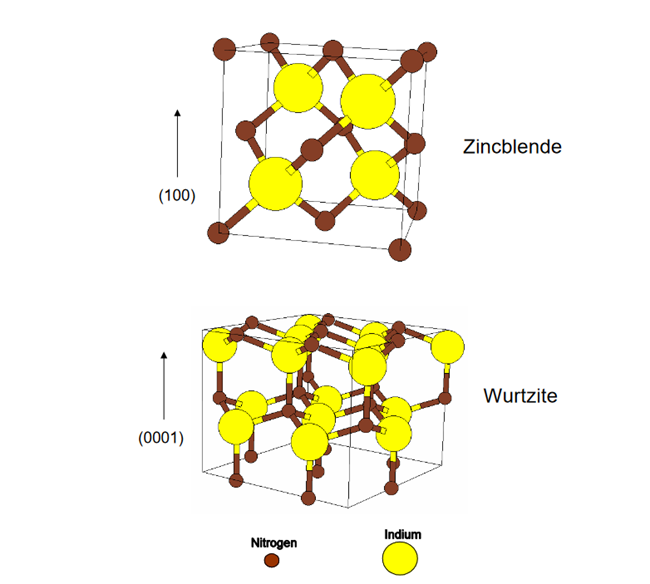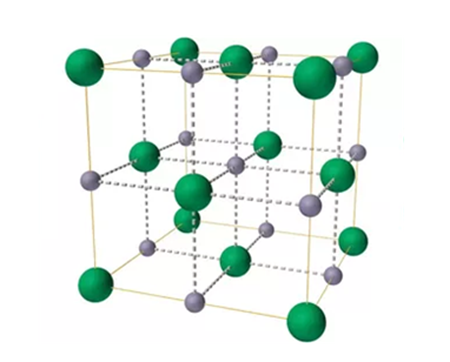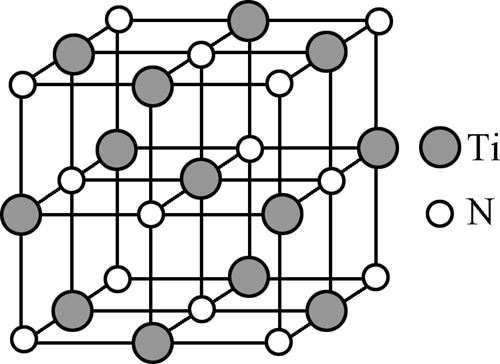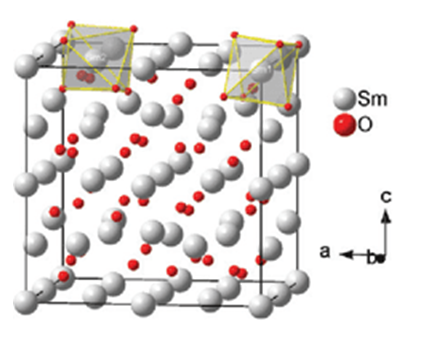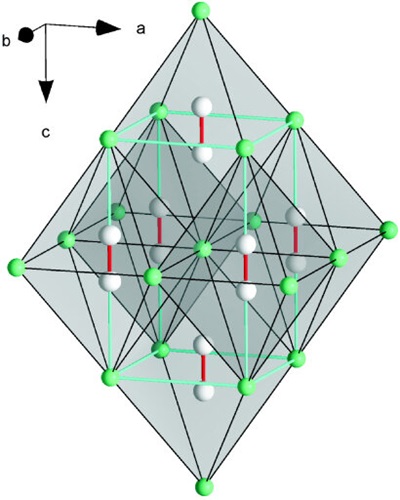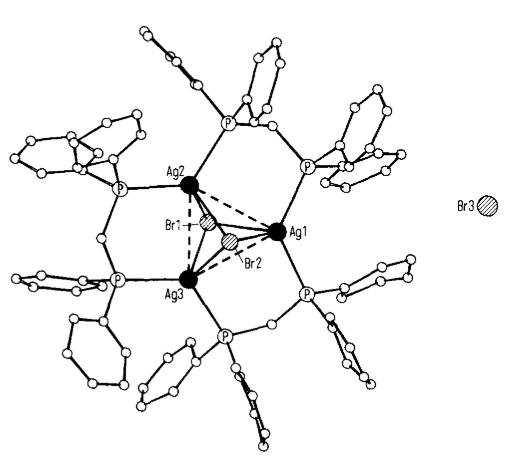Inorganic chemicals is the shortened form of inorganic chemical industry and is an important branch of the chemical industry with natural resources and industrial by-products as raw materials for the production of sulfuric acid, nitric acid, hydrochloric acid, phosphoric acid, soda ash, caustic soda, synthetic ammonia, fertilizer and inorganic salts, etc. This includes sulfuric acid industry, soda industry, the chloro-alkali industry, synthetic ammonia industry, fertilizer industry and mineral industry. Its broad definition also includes the production of inorganic non-metallic materials and fine inorganic product such as ceramics and inorganic pigment. The main raw material of inorganic chemical products are mineral product including sulfur, sodium, phosphorus, potassium and calcium and coal, oil, gas, and air, water and so on. Inorganic chemicals can be traced back to the ancient process of ceramics, alchemy, brewing, dyeing at thousands of years ago. Although with small scale, backward technology and pure manual manipulation, but it is the prototype of inorganic chemicals. For thousands of years, due to the low productivity, it gets slow development. Until the 18th century, it had developed rapidly. In the middle of 18th century, Britain had first applied lead chamber method using saltpeter and sulfur as raw materials to produce sulfuric acid. In 1783, Lu Bulan (France) proposed the soda method using sodium chloride, sulfuric acid, coal as raw materials. In the latter half of the 18th century, the modern chemical industry taking inorganic chemical industry as the main content had began to emerge. In 1841, people began the production of phosphate fertilizer; In 1965 Belgian Solvay realized the industrialization of ammonia soda for production of soda; with the rise of preparing potassium industry in 1870; In 1890, people began to use electrolytic approach for making Cl2 and caustic soda; In 1913, people had achieved the catalytic synthesis
The Structure and Uses of Lead(II) sulfide
Lead(II) sulfide (PbS), also known as galena, is a significant inorganic compound that serves as the principal source of lead and an important material in various technological applications.
Apr 8,2024 Inorganic chemistryWhat is the Crystal Structure of Titanium Silicide?
Titanium silicide has a complex hexagonal structure which refers to the Mn5Si3 type of structure, this article will introduce its crystal structure.
Apr 8,2024 Inorganic chemistryIron boride:Crystal structure,Properties,Uses
Iron boride(FeB) is a gray crystal, it is soluble in donor solvents such as alcohol ether and acetic acid but less soluble in hydrocarbons.
Apr 8,2024 Inorganic chemistryIndium Nitride (InN): Heteroepitaxial Growth on Lattice Mismatched Substrates
Nitride thin films occur commonly in two different phases. This article will discuss the unit cell of indium nitride (InN) for the wurtzite and zincblende structures.
Apr 8,2024 Inorganic chemistryCrystal structure and uses of Indium telluride
Indium telluride is a black solid, it is sometimes described as an intermetallic compound, because it has properties that are metal-like and salt-like.
Apr 8,2024 Inorganic chemistryBoron: An Element with Exceptional Chemistry
Unlike its group 13 neighbors, boron exhibits behaviors and forms compounds that are not quite metallic and yet not fully nonmetallic.
Apr 7,2024 Inorganic chemistryCharacteristics and Applications of Titanium Nitride
Titanium nitride, often referred to by its chemical formula TiN or the nickname "TiNite," is a widely utilized compound in the realm of coatings.
Apr 7,2024 Inorganic chemistryWhat is the use and hazards of Samarium oxide?
Samarium oxide is commonly white to off-yellow in color and is often encountered as a highly fine dust-like powder. It readily forms on the surface of samarium metal under humid conditions or temperat
Apr 7,2024 Inorganic chemistryWhat is the use and crystal structure of Lanthanum carbide?
Lanthanum carbide (LaC2) is a chemical compound. It is being studied about the manufacture of certain types of superconductors and nanotubes.
Apr 7,2024 Inorganic chemistryCrystal Structure and Synthesis of Silver Bromide Complex
This article will introduce the crystal structure and synthesis method of a silver bromide complex.
Apr 3,2024 Inorganic chemistry




